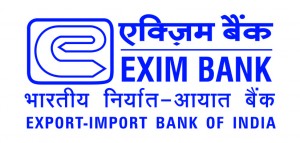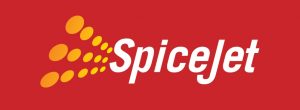11th DSE Annual
WINTER SCHOOL
The Department of Economics and the Centre for Development Economics at the Delhi School of Economics will hold the 11th Annual Winter School, during December 13-15, 2016.
For the past decade, the Winter School has hosted a series of lectures by some of the world’s leading economists. Each invited speaker delivers two or three talks, providing perspective and surveying the latest research in their field of expertise. These lectures and informal interactions with the visiting scholars have been an invaluable source of knowledge and capacity building for faculty, scholars and students. The conference also hosts selected young scholars from across the country, who attend the invited lectures and present their own research results.
Prominent speakers in past Winter Schools include Nobel laureates Eric Maskin (Harvard) and Thomas Sargent (NYU), as well as distinguished scholars like Ariel Rubinstein (Hebrew University), Dilip Abreu (Princeton) and Charles Manski (Northwestern).
The distinguished Plenary Speakers for this year are:
- Professor Abhijit Banerjee (MIT, USA)
- Professor Glenn Loury (Brown University, USA)
- Professor Gita Gopinath (Harvard University, USA)
Important Dates
- Paper submission deadline: September 30, 2016 (Extended till October 15, 2016)
- Notification of decisions: November 1, 2016
- Final program: December 1, 2016
- Conference dates: December 13 – 15 , 2016
Organizing Committee
Rohini Somanathan, Parikshit Ghosh and Dibyendu Maiti
Centre for Development Economics
Delhi School of Economics
Queries: ws2016@econdse.org
Phone: +91-011-27008100
The distinguished plenary speakers this year are:

Professor Glenn Loury (Brown University, USA)
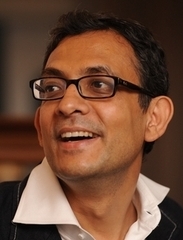
Professor Abhijit Banerjee (MIT, USA)

Professor Gita Gopinath (Harvard University, USA)
- Abhimanyu Khan (Cambridge-INET): “Imitation and price competition in a differentiated market”
- Abhishek Kabiraj (ISI, Kolkata): “Tariff Induced Licensing Contracts, Consumers’ Surplus and Welfare”
- Abhishek Kumar (IGIDR, Mumbai): “A DSGE Model-Based Analysis of The Indian Slowdown”
- Aditi Singhal (Delhi School of Economics): “Strength of Partisan and Candidate Ties in India “
- Amrita Pramanick (Jadavpur University): “Tracking the better Decision Taker in Surrogacy Contracts–An Application of Property Rights Approach with Integrated Organization of Production”
- Anna Aevarsdottir (Stockholm University): “Rural electrification: the potential and limitations of solar power”
- Anshumaan Tuteja (Delhi School of Economics): “Impact of Monetary Policy Shocks on the Indian Economy”
- Apoorva Gupta (Delhi School of Economics): “Getting Help from Friends: Social Networks and Labour Market Outcomes”
- Araceli Ortega Diaz (ITESM, Mexico): “Marriage Laws and Poverty with Gender Bias”
- Arunjan Subramanian (University of Glasgow): “Dial Helpline ‘H’ for Help”
- Bharat Goel (IIM, Calcutta):”Contests with Foot–Soldiers”
- Bharatee Bhushan Dash (NIPFP):”Expenditure Visibility and Voter Memory: A compositional approach to the political budget cycle in Indian States, 1959 – 2012″
- Bharti Nandwani (Shiv Nadar University):”Ethnic Fragmentation and School Provision in India”
- Chandan Singha (Delhi School of Economics):”Causal Impact of Adoption of Soil Conservation Measures on Farm Profit, Revenue and Variable Cost in Darjeeling District, India”
- Chitwan Lalji (IIT, Kanpur):”Can fruits and vegetables really keep the doctors away?”
- Debalina Chakravarty (National Institute of Technology, Jamshedpur):”Rebound Effect in Residential Energy Demand: an Indian context”
- Deepak Varshney (Delhi School of Economics):”Gender Difference in Wages in Casual Labour Market in India: An Analysis of the Impact of Mahatma Gandhi National Rural Employment Guarantee Act (MGNREGA)”
- Divya Tuteja (Delhi School of Economics):”Do good fences make good neighbours: An analysis of the Kashmir Insurgency”
- Dripto Bakshi (ISI, Kolkata):”Identity Conflict with Cross-Border Spillovers”
- Gaurav Pundir (Income Tax Department):”Are Tax Havens becoming Tax Hells? An Empirical Study to Test the Impact of Tax Treaties on FPI Levels “
- Girish Bahal (NCAER):”Labor Market Effects of Inconsistent Policy Interventions: Evidence from India’s Employment Guarantees”
- Gopakumar Achuthankutty (ISI, Kolkata):”A Domain Characterization of Min-max rules”
- Heidi Vaage (Norwegian Institute of International Affairs):”Comparing trade barriers: How trade cost elasticities and determinants of trade differ between sectors”
- Hema Kapur (Delhi School of Economics):”Macro Stress Testing of Indian Bank Groups”
- Hrishikesh Singhania (University of Exeter, UK):”A Simple Theory of the Aggregate Production Function”
- Jeevant Rampal (Ohio State University):”Opponent’s Foresight and Optimal Choices”
- Kanika Pathania (Delhi School of Economics):”Duty Inversion and Effective Protection: A Theoretical Study”
- Kartik Misra (University of Massachusetts, Amhrest):”Heterogeneous Wage Impact of NREGS in India: Are Winners Historically Determined?’ “
- Kushneel Prakash (The University of South Pacific, Fiji):”Does devaluation improve bilateral trade relations of small island economies with its major and emerging trade partners? The case of Fiji”
- Laura Zimmermann (University of Georgia):”May There be Victory: Government Election Performance and the World’s Largest Public-Works Program”
- Mehtabul Azam (Oklahoma State University):”Does social health insurance reduce nancial burden? Panel Data Evidence from India”
- Miri Stryjan (Ben Gurion University):”Electoral rules and leader selection: experimental evidence from Ugandan community groups”
- Arshad Rahman (IIT, Kanpur):”Flexible Bayesian Quantile Regression in Ordinal Models”
- Mousumi Das (NCAER):”Re-estimation of the Indian poverty line: Healthy Eating Index”
- Mukesh Kumar (Ministry of Statistics & P.I., GOI):”Measuring Quality of life in Uttar Pradesh through Sanitation, Water and Hygiene”
- Nishith Prakash & S. Anukriti (University of Connecticut & Boston College):”Dowry: Household Responses to Expected Marriage Payments”
- Niti Khandelwal (Delhi School of Economics):”DETERMINANTS OF PRODUCTIVITY OF DEVELOPED ASIA”
- Nzinga H. Broussard (Economic Research Service, Washington DC):”The Impact of Emergency Food Aid on Children’s Schooling and Work Decisions”
- Onkar Shivraj Swami (Reserve Bank of India, Mumbai):”Risk factors to India’s Inflation Targeting Framework – Survival Analysis Approach”
- Piyali Das (Tata Institute of Social Sciences, Mumbai):”Fiscal Financing Components in a Simple Model of Policy Interaction”
- Pradeep Kumar (University of Exeter, UK):”Demand Shock and Productivity: What Determines Firms’ Investment and Exit Decisions?”
- Rahul Lahoti (University of Goettingen):”Are educated leaders good for education? Evidence from India”
- Ranajoy Guha Neogi (ISI, Kolkata):”Property Rights and Language Wars”
- Ravideep Sethi (New York University):”The Power of the Agenda Setter: A Dynamic Legislative Bargaining Model”
- Ritu Suri (Delhi School of Economics):”Impact of Exchange Rate Volatility on India’s Bi-lateral Aggregate and Manufacturing Export Growth-A Panel Study”
- Ritwik Banerjee (IIM, Bangalore):”The Spillover Effects of Affirmative Action: An Artefactual Field Experiment with Castes in India”
- Ruhi Sonal (IIT, Delhi):”Proximity and Stochastic Choice”
- Sabyasachi Das (ISI, Delhi):”Whom are you doing a favor to? Governance Consequences of Political Alignment”
- Sanjeev Kumar (Yale University):”Does Health Influence Risk Preference?”
- Shalini Mitra (University of Liverpool):”Institutions, Taxation and Informality”
- Shariq Mohammed (University of Arizona):”Intergenerational Income Mobility in Rural India”
- Shivani Wadehra (TERI University):”Does awareness lead to segregation of waste at the household level?”
- Sisir Debnath (Indian School of Business, Hyderabad):”No Free Lunch: Using Technology to Improve the Efficacy of School Feeding Programs”
- Sonal Dua (Delhi School of Economics):”What motivates mergers and acquisitions? An industry level analysis”
- Soumyarup Sadhukhan (ISI, Kolkata):”A Unified Characterization of Randomized Strategy-proof Rules”
- Souvik Dutta (IIM, Bangalore):”Revolution or Gradualism:Optimal Strategy of a Leader”
- Srijita Ghosh (New York University):”Culture and Declining Female Labor Force Participation in India”
- Srobonti Chattopadhyay (Vidyasagar College for Women):”R&D in Duopoly under Incomplete Information”
- Subrato Banerjee (Queensland University of Technology, Brisbane):”Power Analysis and Sample Sizes: A Binding Frontier Approach”
- Sugandha Huria (Jawaharlal Nehru University):”Trade, Foreign Direct Investment and Wage Inequality – A theoretical study”
- Suryaprakash Misra (National Law University, Delhi):”Redistribution, Inefficiency and Trade − The Role of Credit Market Imperfection”
- Tanmoy Ganguli (HSBC, Kolkata):”Non-Linear Movements of the Sensex in the neighbourhood of the Global Financial Crisis (2008): A Stock Market Bubble?”
- Uttara Balakrishnan (University of Maryland):”Financial Incentives, Son Preference and Household Behaviour: Evidence from India”
- Virender Kumar (Delhi School of Economics):”Dynamics of Private Capital Flows to India: A Structural VAR Approach”
There is a registration fee of Rs. 1500 which will include all events and meals that are part of the program.
Payment can be made through an online transfer, in cash, or by a cheque drawn in favour of the Centre for Development Economics. Please let us know if you have any trouble in managing this and we will find a solution. For online transfers in rupees, the details are:
Account Name: Centre for Development Economics
Account Number: 016001008967
Name of the Bank: ICICI Bank Limited
Branch Address: Ua-31, Jawahar Nagar, Kamla Nagar, Delhi 110007
IFSC Code: ICIC0000387
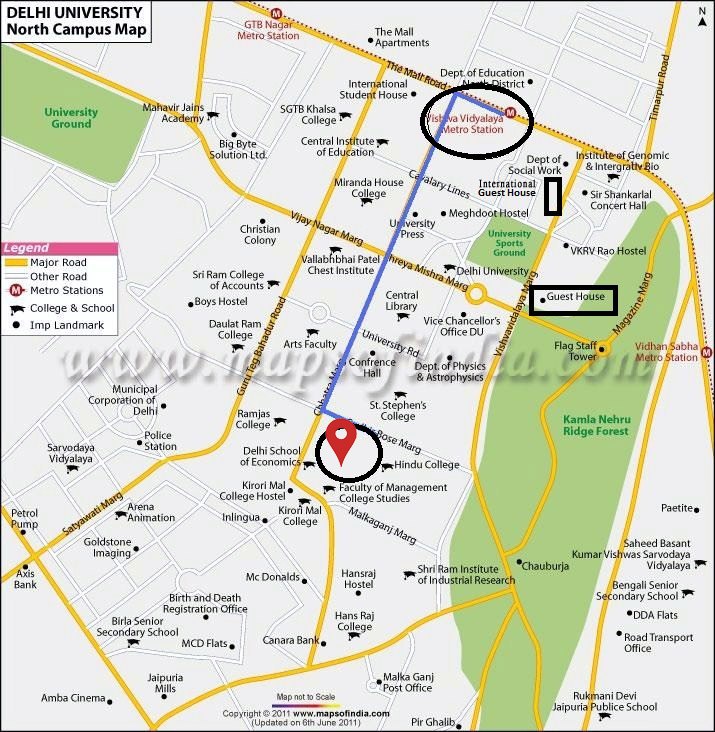
Delhi Metro MAP
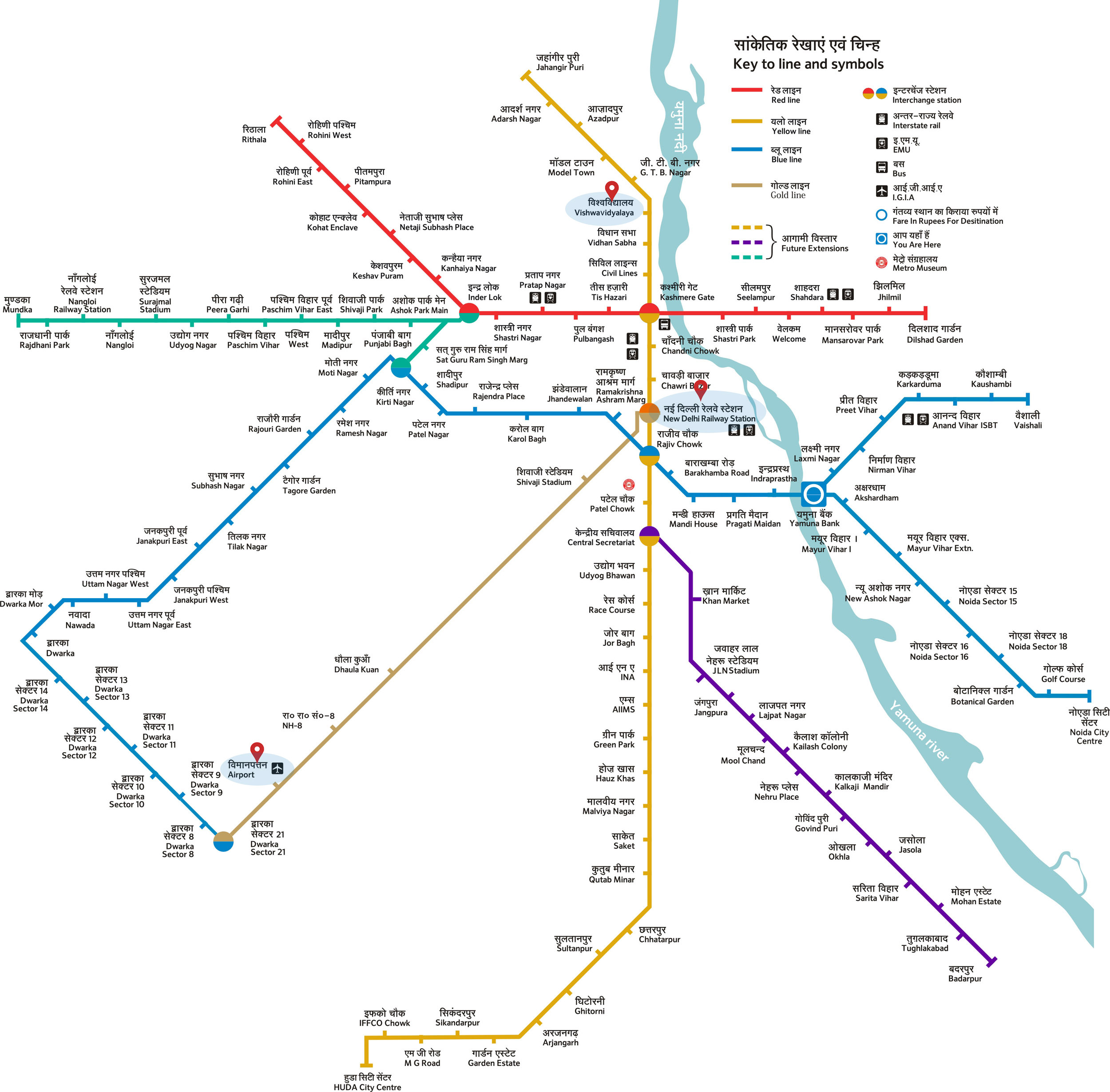
Submissions are now closed for this conference.
CALL FOR PAPERS
The Centre for Development Economics and the Department of Economics at the Delhi School of Economics will hold the 11th annual Winter School, during December 13-15, 2016.
The distinguished plenary speakers this year are Professor Abhijit Banerjee (MIT ), Professor Glenn Loury (Brown University) and Professor Gita Gopinath (Harvard University)
Papers in all areas of Economics are invited for the contributed sessions. Doctoral students and younger faculty members are particularly encouraged to participate, although submissions from all other researchers are welcome.
The deadline for submission of papers is 30th September, 2016 (extended till October 15, 2016). Decisions on the accepted papers will be intimated by 1st November, 2016.
Application Procedure
- The applicant must send a cover letter, CV, research paper and certificate of affiliation (all PDF files) to ws2016@econdse.org
- Participants have to pay a fee of INR 1,500 towards registration.
- Presenters of all accepted papers are eligible for AC 2-tier train fare and limited guest house accommodation on a first-come first serve basis.
Organizing Committee
Centre for Development Economics
Delhi School of Economics

